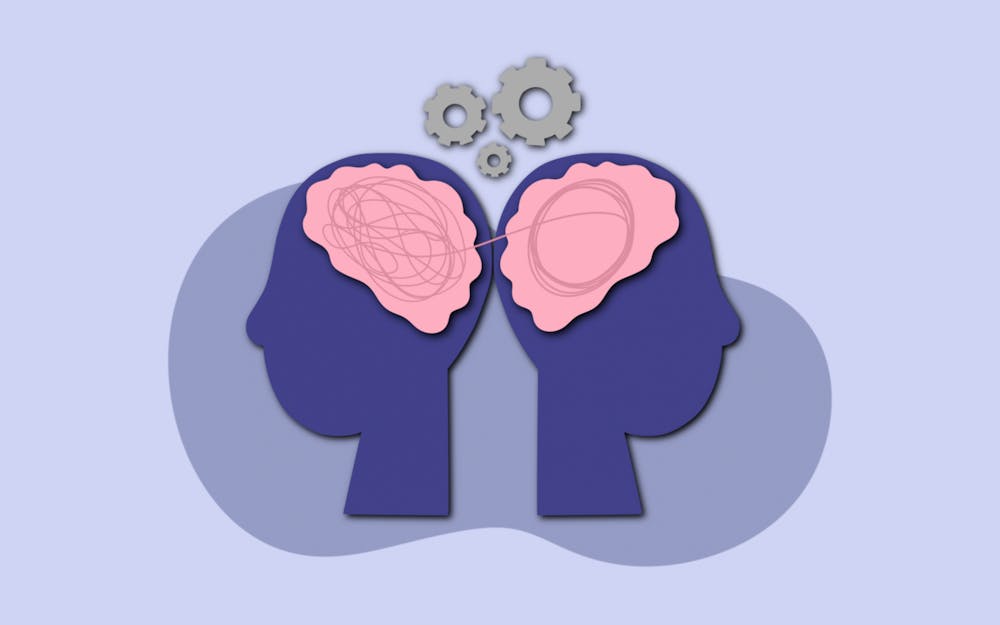It has been two years since COVID-19 turned the world upside down. Everyone was affected, but how did students react to it and how are they still being affected to this day?
U.S. Secretary of Education Miguel Cardona said schools need to increase mental health services due to the challenges COVID-19 imposed upon students. IU sophomore Abi Meyyappan was a part of the high school class of 2020, when the pandemic started, and said she agrees with Cardona.
“The pandemic definitely took a hit on mental stability worldwide, and it made students’ mental health worse,” Meyyappan said. “As students, we’re in a part of our lives where things are constantly changing, so when all of that got halted it was really scary and a lot of people just didn’t know what to do anymore.”
Because of this constant change, Meyyappan said it affected the outlook people have on the future, which can affect overall mental wellbeing.
“Being under stressful conditions caused everyone’s minds, even those who were optimistic before, to turn pessimistic,” Meyyappan said. “All of those unknowns and cancellations do something to dampen how you perceive the future, which can be really detrimental to mental health.”
As more people struggle with their mental health, increased help is important. Cardona called for an increase in mental health professionals in schools, participation in one extracurricular and 30 minutes of tutoring three times a week for students struggling with mental health to get back on track.
Meyyappan is a member of an IU acapella group called Ladies First, and she believes in participating in extracurricular activities to improve mental health.
“I think (extracurricular activities) corresponds to having better mental health from what I’ve experienced,” Meyyappan said. “When you have an extracurricular activity, you are a part of something bigger than yourself, it puts you in a place to meet new people and have new experiences.”
Meyyappan said building good relationships with others helps you build a good relationship with yourself.
While joining activities can help, having easily available mental health resources will help even more. Cardona is pushing for this, and in some ways IU has already made it happen. Meyyappan said IU’s Counseling and Psychological Services is helpful, but still has much to improve on.
“CAPS is a great resource to offer on campus,” Meyyappan said. “I am glad that we have it, but I think it could be better.”
CAPS offers two free sessions before charging, and Meyyappan said this is helpful. However, some students, specifically students from diverse backgrounds may not feel comfortable asking their parents to pay for therapy as it is stigmatized in many minority households.
“Having the two free sessions is helpful, but a lot of students cannot afford regular sessions,” Meyyappan said. “Insurances can cover it, but that comes from your parents. A lot of students, especially those from different cultures where mental health is stigmatized, don’t want to ask their parents and don’t want them to know.”
Cardona is advocating for an important fight, but the first step in the fight is to raise awareness.
If you or someone you know is struggling with mental health issues, reach out to someone you trust. You can also find a list of mental health service hotlines here. You are never alone.






